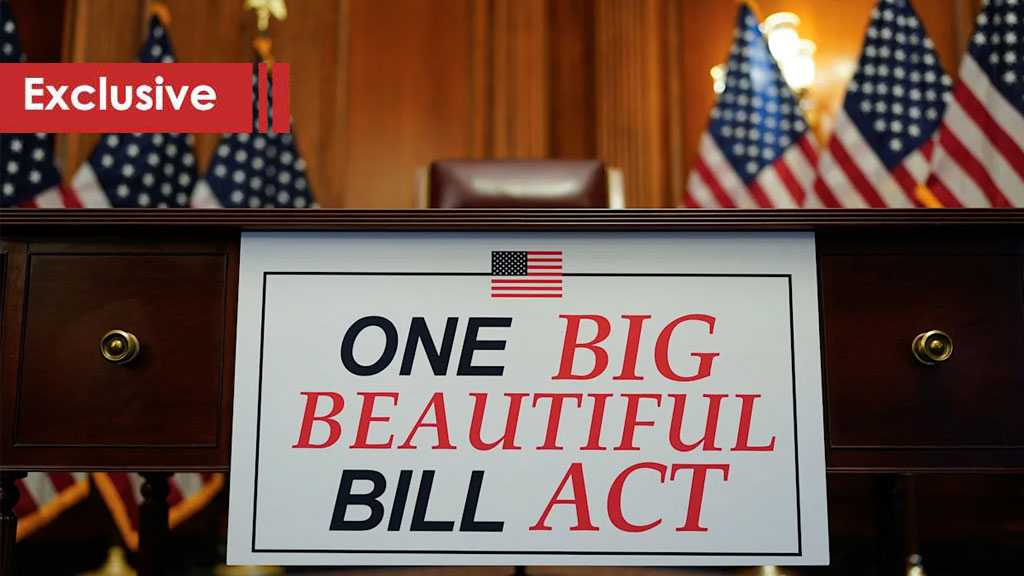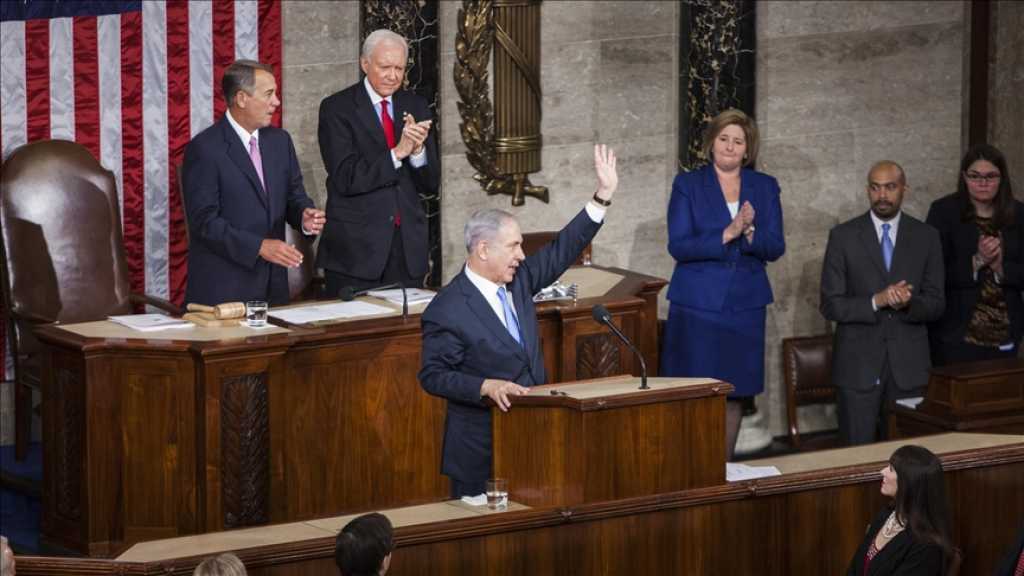“One Big Beautiful Bill”: A Giant Step Backward for America

By Mohamad Hammoud
Lebanon – In the history of American legislation, few bills have sparked as much controversy as President Trump's "Big Beautiful Bill," which was signed into law on July 4, 2025. Supporters see it as a significant victory that could boost economic growth and enhance national security. However, critics—including economists, tech leaders like Elon Musk, and New York columnist Thomas Franklin—argue that the bill may exacerbate inequality, hinder innovation, and inadvertently strengthen China's global position.
What the Bill Entails
The "Big Beautiful Bill" is a massive legislative package that includes $4.5 trillion in tax cuts, primarily benefiting the wealthiest Americans and large corporations. It slashes funding for essential social programs, such as Medicaid, food assistance, and education, while allocating $350 billion to border security. In exchange for short-term political victories, the bill threatens long-term social, economic, and environmental stability.
Tax Overhaul
At the heart of the bill is a sweeping tax overhaul. Corporate tax rates are slashed, estate taxes are eased, and high-income earners receive generous tax breaks. The theory behind these cuts is that reducing taxes at the top will spur job creation and economic growth—a trickle-down promise that has repeatedly failed in practice. Instead of investing in job creation or wage increases, corporations are more likely to use the windfall for stock buybacks or executive bonuses. Meanwhile, average families—the backbone of the economy—see minimal relief. The bill rewards wealth over work, reaffirming the disturbing message that those who already have the most will always receive more, while working Americans are left behind.
Cuts to Social Programs
Simultaneously, the bill delivers deep cuts to programs that millions of Americans rely on. Medicaid, the Supplemental Nutrition Assistance Program [SNAP], and public education are among the targets. These are not luxuries; they are essential to health, dignity, and opportunity for millions. Cutting these services while handing trillions in tax breaks to billionaires is not responsible governance—it's a betrayal. This legislation doesn't tighten belts; it tightens the noose around the working class and the poor, while the elite grow richer.
Elon Musk's Fierce Opposition
Even Elon Musk, once seen as ideologically aligned with Trump, has come out fiercely against the bill. In a viral post, Musk blasted it as a "gift to polluters and a blow to American innovation," warning that it threatens Tesla's business and the nation's technological edge. Musk argues that the bill's rollback of clean energy incentives will result in the loss of thousands of jobs and billions of dollars in renewable energy investments. At a time when China is aggressively expanding its clean energy sector, Musk warns that the US is ceding its leadership in critical industries, including green technology, artificial intelligence, and advanced manufacturing.
Thomas Franklin's Geopolitical Warning
New York columnist Thomas Franklin echoes Elon Musk's concerns by stating that the bill could "make China great again," a clever twist on Trump's own slogan. By dismantling incentives for clean energy and innovation, the US risks losing ground to China, which is heavily investing in solar, wind, and electric vehicle development to secure long-term economic dominance. Meanwhile, the US is retreating from renewable energy and embracing deregulation.
The bill's massive increase in federal debt—much of it financed by foreign creditors, including China—further strengthens Beijing's leverage over the US economy. Policies that weaken America's industrial base and increase indebtedness risk accelerating China's rise as the world's preeminent superpower.
Social and Economic Implications
The bill's redistribution of resources, favoring the wealthy while cutting aid for the poor, risks widening inequality at a time when social cohesion is fragile. Millions losing access to healthcare and basic necessities could fuel social unrest and deepen public health crises. Cuts to Medicaid funding threaten rural hospitals, vital lifelines for many Americans, exacerbating healthcare disparities.
Strategically, the rollback of clean energy incentives signals a retreat from leadership in technologies that will define the 21st century. Musk warns that this could diminish job creation, reduce global influence, and hamper efforts to combat climate change.
Conclusion: A Turning Point for America
While the "Big Beautiful Bill" may deliver short-term tax relief to some and bolster border enforcement, its broader consequences are deeply troubling. Elon Musk's anger reflects fears that the United States is sacrificing its future prosperity and innovation for immediate political gains. Thomas Franklin's warning underscores the geopolitical stakes, suggesting that the bill's policies may inadvertently empower China at America's expense. For the poor and vulnerable, the legislation represents a painful rollback of essential supports, exacerbating inequality and insecurity.
Ultimately, this bill may be remembered not as a triumph but as a turning point where the United States chose to prioritize narrow interests over inclusive growth, innovation, and global leadership. If this is what "greatness" looks like, we need to redefine the word.




